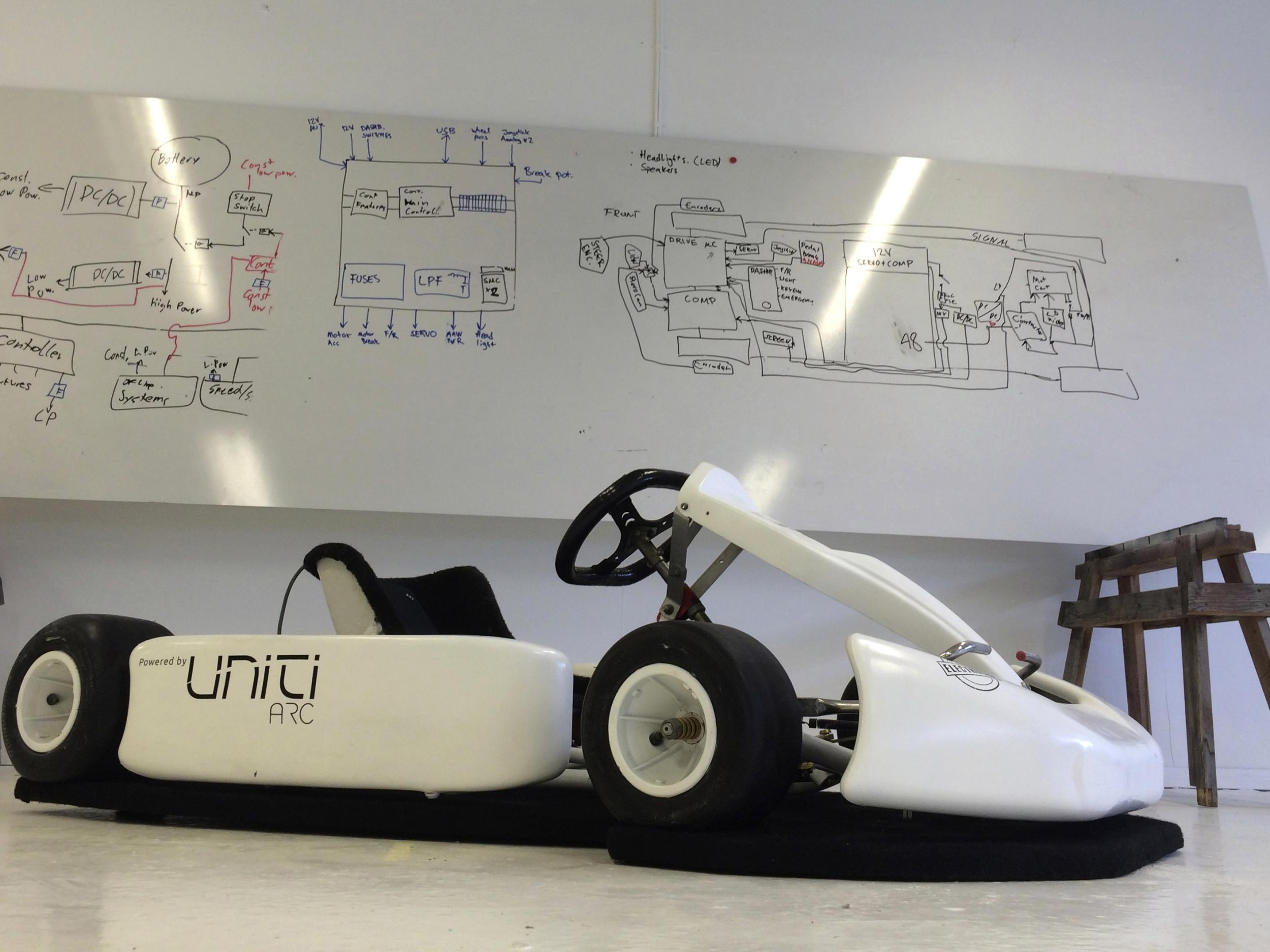Swedish student start-up signs deal to build electric cars for Siemens
Uniti Sweden raises £1 million through crowdfunding and catches attention of German giant

Your support helps us to tell the story
From reproductive rights to climate change to Big Tech, The Independent is on the ground when the story is developing. Whether it's investigating the financials of Elon Musk's pro-Trump PAC or producing our latest documentary, 'The A Word', which shines a light on the American women fighting for reproductive rights, we know how important it is to parse out the facts from the messaging.
At such a critical moment in US history, we need reporters on the ground. Your donation allows us to keep sending journalists to speak to both sides of the story.
The Independent is trusted by Americans across the entire political spectrum. And unlike many other quality news outlets, we choose not to lock Americans out of our reporting and analysis with paywalls. We believe quality journalism should be available to everyone, paid for by those who can afford it.
Your support makes all the difference.A group of Swedish university students that raised 1.2 million euros (£1 million) in crowdfunding for their startup to build electric cars has caught the attention of German industrial heavyweight Siemens.
The two sides have announced that they are starting a partnership that will see them create 50,000 lightweight city cars annually starting next year.
The twin-seat vehicles, called L7e, have 15kW engines with a maximum speed of 130 kilometres (81 miles) per hour. They weigh 400 kilogrammes (880 pounds) each and have a 150 kilometres (93 miles) range.
The cars are made from sustainable composite materials and will be unveiled in late 2017, with first deliveries scheduled for early 2019. The first high-end vehicle has a target price of 200,000 kronor (£18,200) - the price for an electric Smart Car in Sweden is at least 210,000 kronor (£19,110).
The vehicle's steering system resembles a Wii controller more than a traditional car's steering wheel.
Lewis Horne, the CEO of the startup, called Uniti Sweden, says the deal gives his company “the opportunity to not only develop a sustainable car, but also manufacture it in a sustainable way at a large scale.”
Ola Janson of Siemens Industry Software said he was “really looking forward to having that partnership” between “Siemens as the very old, stable company, yet still innovative” and Uniti Sweden made up of “young people, innovative people, (who) don't have the legacy, don't have the limits like myself.”
The student startup's ambitions come at a time of feverish activity within the auto and tech industries on building more ecological cars, more autonomous driving systems and even fully self-driving vehicles.
“There definitely are some famous success stories of automotive startups, but there are a lot more companies that are trying to break in right now, some that we think will succeed and some that won't,” said Tim Stevens, editor of the website Roadshow, on the sidelines of the Geneva Motor Show this month. “Making a car is very, very difficult thing, and certifying that car worldwide is very difficult thing too.”
The vehicle will be unveiled in the fall of 2017, with first deliveries scheduled for early 2019.
AP
Join our commenting forum
Join thought-provoking conversations, follow other Independent readers and see their replies
Comments